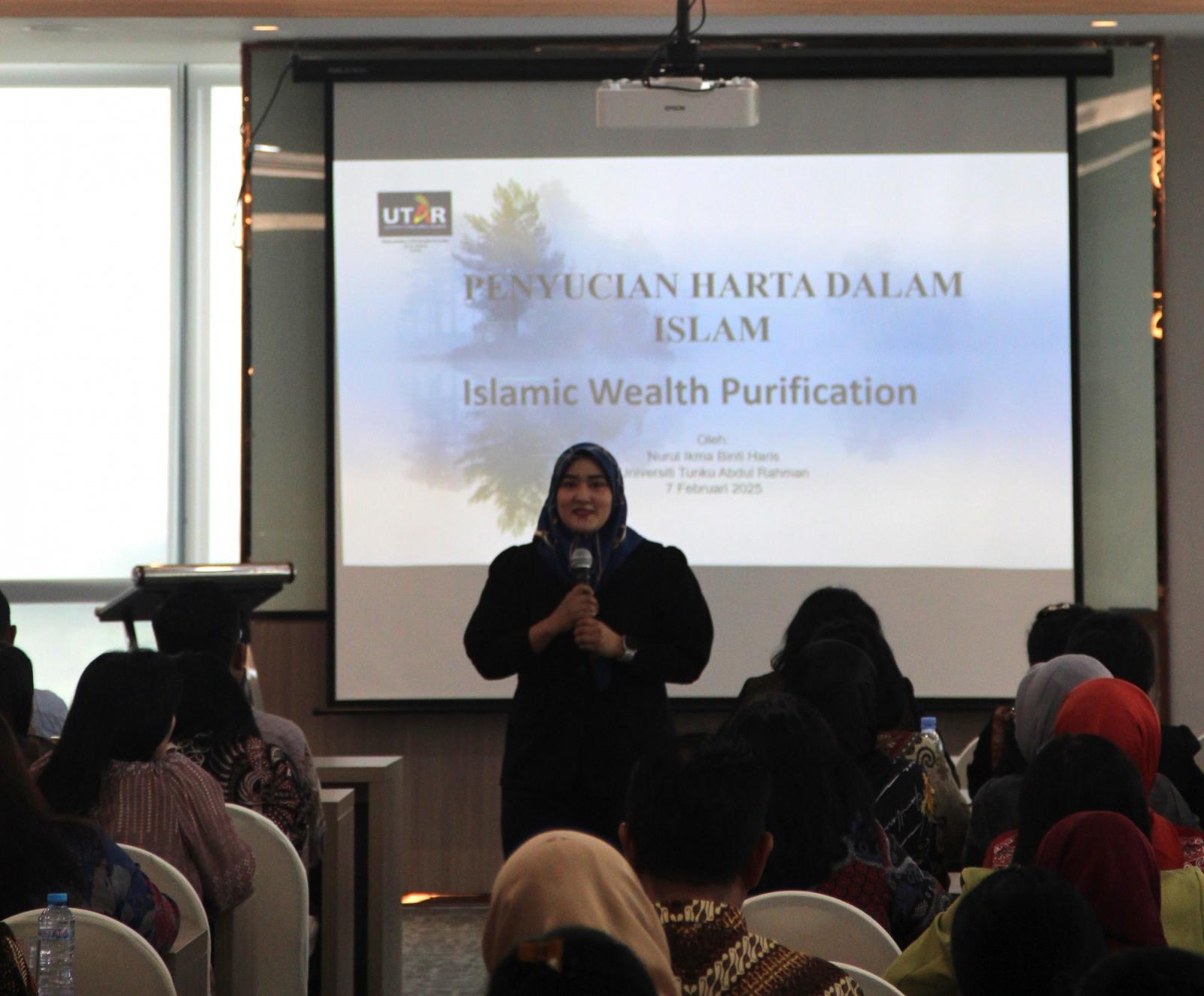Three key methods of wealth purification in Islam

JAKARTA – Nurul Ikma Binti Haris, a lecturer at Universiti Tunku Abdul Rahman, Malaysia, explained three primary methods of wealth purification in Islam.
“Wealth purification in Islam is meant to cleanse one’s wealth from the rights of others and to purify the soul from negative traits,” said Nurul Ikma Binti Haris during the Islamic Wealth Management seminar at Menara Syariah, Pantai Indah Kapuk (PIK) 2, on Friday (7/2).
She outlined the three methods of wealth purification: Zakat, Waqf, and Sadaqah. The details are as follows:
First, Zakat, an obligation for Muslims to give a portion of their wealth to those in need.
Zakat is divided into two types: zakat fitrah and zakat maal. Zakat fitrah is paid during Eid al-Fitr, equivalent to 2.5 kg or 3.5 liters of rice per person.
Zakat maal is obligatory for wealth such as gold, money, livestock, and trade. The percentage to be paid varies, generally ranging from 2.5% to 20% depending on the type of wealth.
Second, Waqf, involves setting aside a portion of wealth to be donated to others. In addition to wealth, land can also be given as Waqf, such as for burial grounds.
Third, Sadaqah, an encouraged act of worship in Islam, involves sharing one's blessings with others. Sadaqah can be in the form of wealth, time, skills, or even a smile. (DK/ZH)